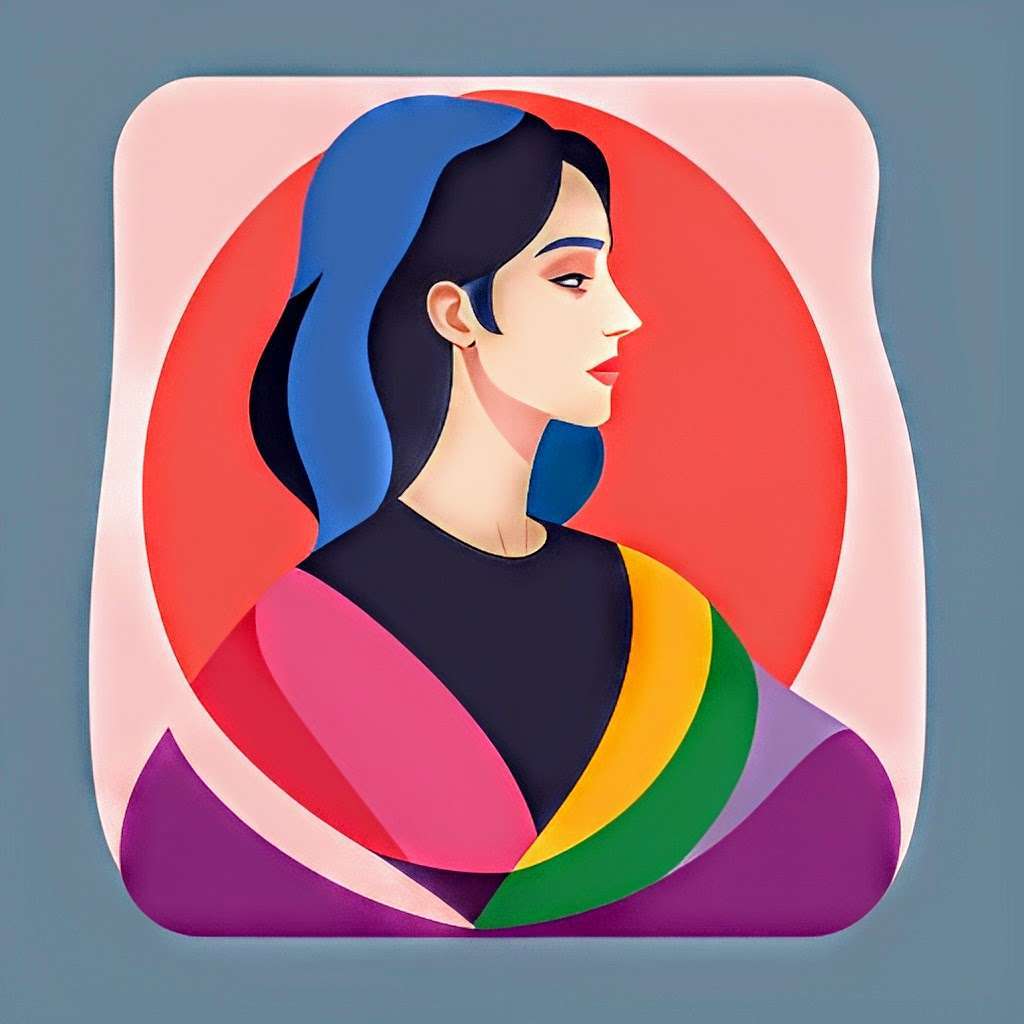According to a recent Gallup report, the percentage of LGBTQ adults in the U.S. has reached an all-time high, with Gen Z women leading the way in identification. Let’s delve into the key findings of this groundbreaking survey.
Table of Contents
Overview
The latest Gallup report reveals that 7.6% of adults in the U.S. identify as LGBTQ, with women being nearly twice as likely as men to identify as LGBTQ. Among Gen Z women (ages 18 to 26), almost 30% identify as LGBTQ, with most identifying as bisexual.
Gender Breakdown
Breaking down the data by gender, the survey found that 8.5% of women and 4.7% of men identified as LGBTQ across all generations. In the younger generations (Gen Z, millennials, and Generation X), women are more likely than men to identify as LGBTQ, while in the older generations (baby boomers and the Silent Generation), this trend is reversed.
Generational Analysis
Generation Z women stood out as the group most likely to identify as LGBTQ, with 28.5% of them identifying as such in the survey. The majority of Gen Z women who identified as LGBTQ were bisexual, followed by lesbians. Gen Z women were nearly three times more likely than Gen Z men to identify as LGBTQ.
Key Findings
Overall, the survey highlights a significant increase in LGBTQ identification, particularly among Gen Z women. The findings shed light on the evolving landscape of sexual orientation and gender identity in the U.S., emphasizing the importance of understanding and supporting diverse identities.
Learn More
The increased visibility and acceptance of LGBTQ individuals in recent years has paved the way for more individuals to openly embrace their sexual orientation and gender identity. A recent study revealed that 30% of Generation Z women identify as LGBTQ, showcasing a significant shift in societal attitudes towards non-heteronormative identities. This statistic not only highlights the growing acceptance of LGBTQ individuals, but also sheds light on the unique experiences and challenges faced by this group within the larger Gen Z population.
One possible explanation for the higher percentage of LGBTQ identifying women in Generation Z could be the increased willingness of younger generations to challenge traditional norms and labels surrounding gender and sexuality. As society becomes more inclusive and accepting of diverse identities, individuals may feel more empowered to explore and express their true selves without fear of judgement or discrimination.
Moreover, the widespread availability of information and resources on LGBTQ identities through social media and the internet has also played a significant role in shaping the identities of Gen Z women. Access to online communities and support networks allows LGBTQ individuals to connect with others who share similar experiences, providing a sense of validation and belonging that may not have been available in previous generations.
Additionally, the increased representation of LGBTQ characters in mainstream media and popular culture has helped to normalize diverse sexual orientations and gender identities, making it easier for individuals to come to terms with their own identities and feel comfortable being open about them. This shift towards greater visibility and representation has undoubtedly had a positive impact on the way LGBTQ individuals are perceived and accepted by society at large.
However, despite the progress that has been made in terms of LGBTQ acceptance, there are still significant challenges that Gen Z women face in terms of discrimination and prejudice. LGBTQ individuals, especially those who do not conform to traditional gender norms, are more likely to experience harassment, bullying, and discrimination in various aspects of their lives, including in schools, workplaces, and within their communities.
Furthermore, the intersectionality of identity plays a crucial role in shaping the experiences of LGBTQ women within Gen Z. Women who identify as LGBTQ may face additional challenges and forms of discrimination based on their race, ethnicity, socio-economic status, and other intersecting factors. It is important to acknowledge and address these intersecting forms of discrimination in order to create a more inclusive and supportive environment for LGBTQ individuals within this generation.
In light of these challenges, it is essential for policymakers, educators, and community leaders to work towards creating safe and inclusive spaces for LGBTQ individuals within Gen Z. This includes implementing anti-discrimination policies, providing support and resources for LGBTQ youth, and promoting education and awareness on issues related to gender and sexual diversity.
Ultimately, the high percentage of Gen Z women who identify as LGBTQ is a reflection of the changing attitudes towards gender and sexuality in our society. As we continue to progress towards a more inclusive and accepting future, it is important to support and celebrate the diverse identities and experiences of all individuals, regardless of their sexual orientation or gender identity. By fostering a culture of acceptance and understanding, we can create a more equitable and inclusive society for all members of Gen Z, including those who identify as LGBTQ.
